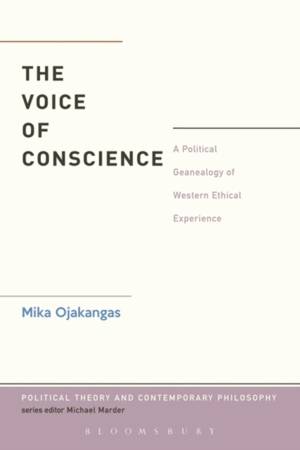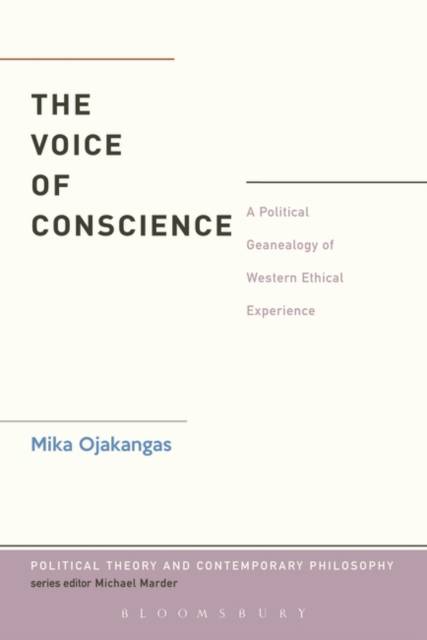
- Afhalen na 1 uur in een winkel met voorraad
- Gratis thuislevering in België vanaf € 30
- Ruim aanbod met 7 miljoen producten
- Afhalen na 1 uur in een winkel met voorraad
- Gratis thuislevering in België vanaf € 30
- Ruim aanbod met 7 miljoen producten
Zoeken
€ 322,45
+ 644 punten
Uitvoering
Omschrijving
In Western thought, it has been persistently assumed that in moral and political matters, people should rely on the inner voice of conscience rather than on external authorities, laws, and regulations. This volume investigates this concept, examining the development of the Western politics of conscience, from Socrates to the present, and the formation of the Western ethico-political subject.
The work opens with a discussion of the ambiguous role of conscience in politics, contesting the claim that it is the best defense against totalitarianism. It then look back at canonical authors, from the Church Fathers and Luther to Rousseau and Derrida, to show how the experience of conscience constitutes the foundation of Western ethics and politics.
This unique work not only synthesizes philosophical and political insights, but also pays attention to political theology to provide a compelling and innovative argument that the experience of conscience has always been at the core of the political Western tradition. An engaging and accessible text, it will appeal to political theorists and philosophers as well as theologians and those interested in the critique of the Western civilization.
The work opens with a discussion of the ambiguous role of conscience in politics, contesting the claim that it is the best defense against totalitarianism. It then look back at canonical authors, from the Church Fathers and Luther to Rousseau and Derrida, to show how the experience of conscience constitutes the foundation of Western ethics and politics.
This unique work not only synthesizes philosophical and political insights, but also pays attention to political theology to provide a compelling and innovative argument that the experience of conscience has always been at the core of the political Western tradition. An engaging and accessible text, it will appeal to political theorists and philosophers as well as theologians and those interested in the critique of the Western civilization.
Specificaties
Betrokkenen
- Auteur(s):
- Uitgeverij:
Inhoud
- Aantal bladzijden:
- 272
- Taal:
- Engels
- Reeks:
Eigenschappen
- Productcode (EAN):
- 9781623566784
- Verschijningsdatum:
- 18/07/2013
- Uitvoering:
- Hardcover
- Formaat:
- Genaaid
- Afmetingen:
- 150 mm x 231 mm
- Gewicht:
- 544 g

Alleen bij Standaard Boekhandel
+ 644 punten op je klantenkaart van Standaard Boekhandel
Beoordelingen
We publiceren alleen reviews die voldoen aan de voorwaarden voor reviews. Bekijk onze voorwaarden voor reviews.







